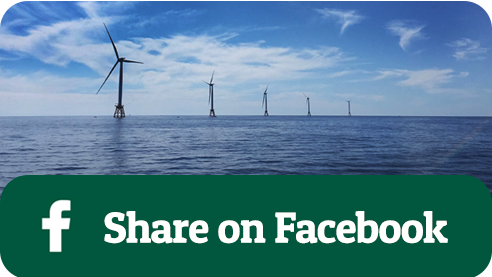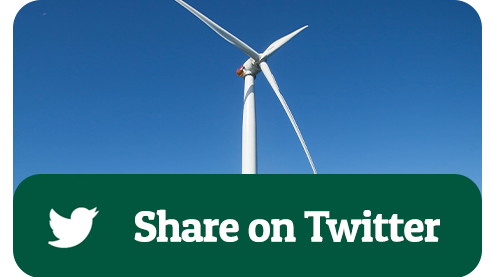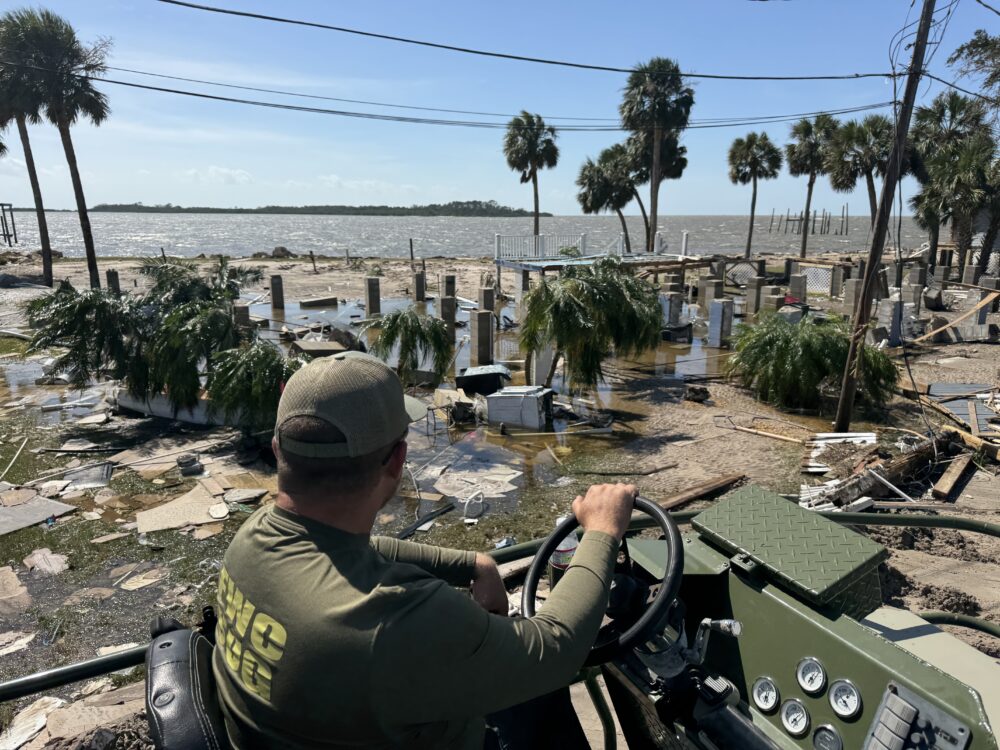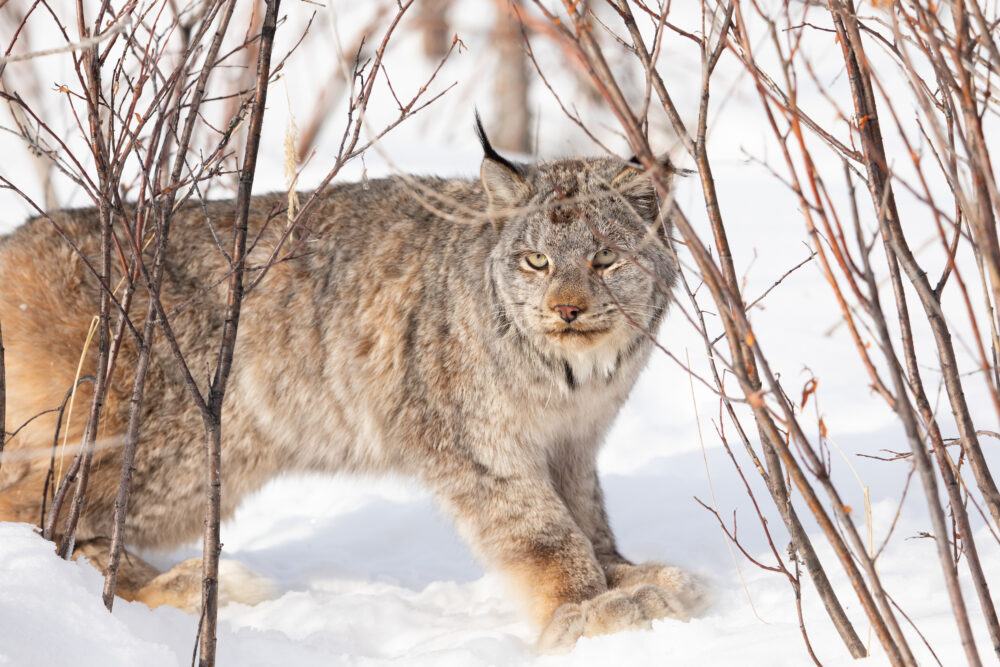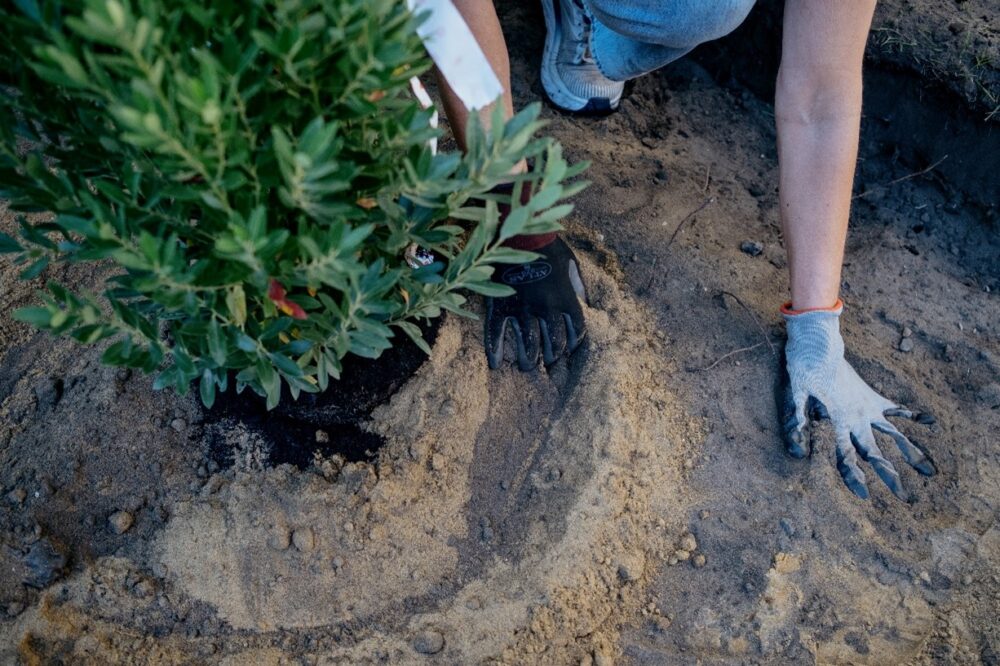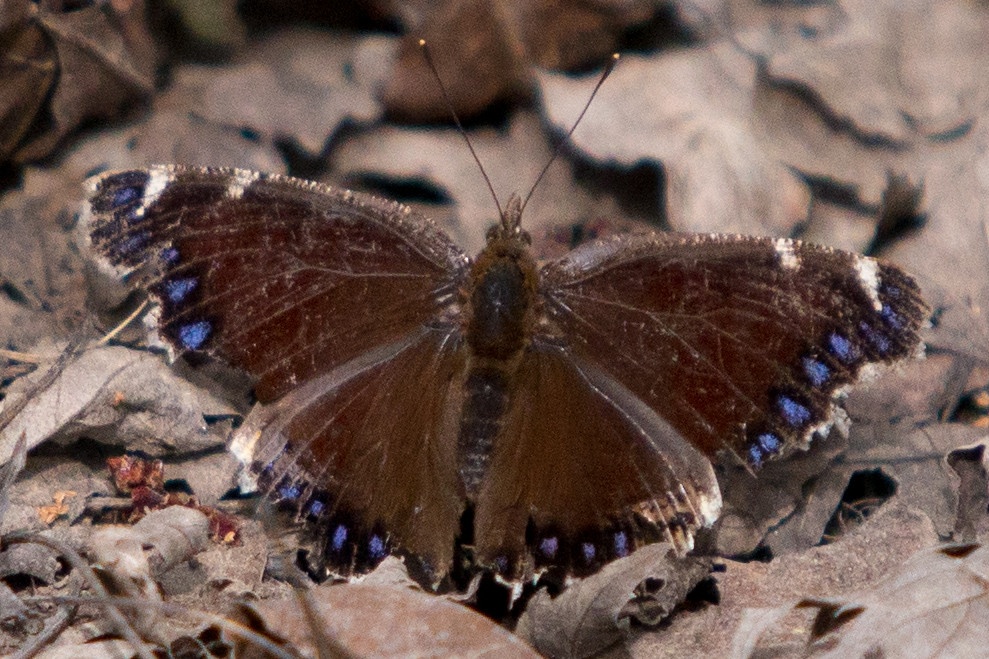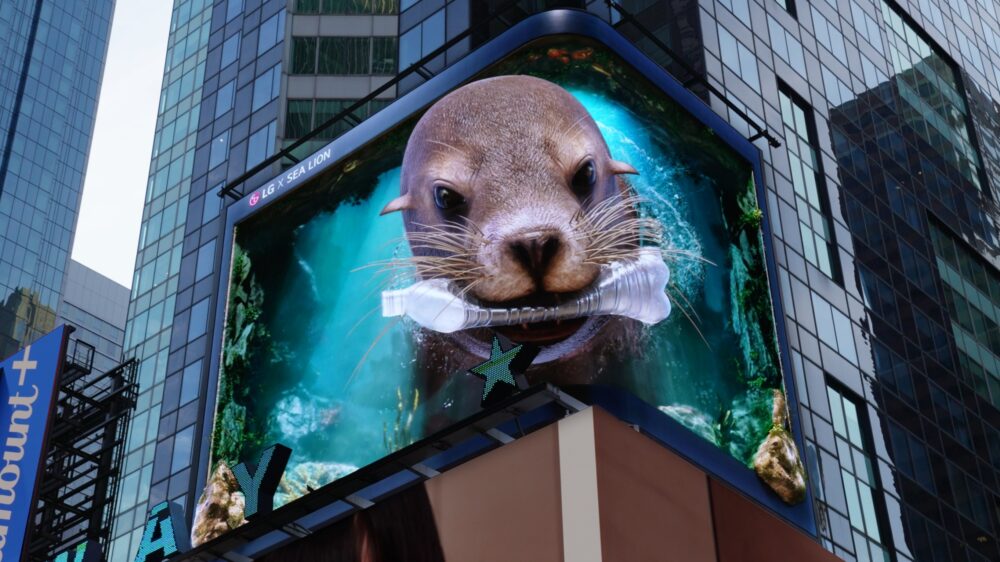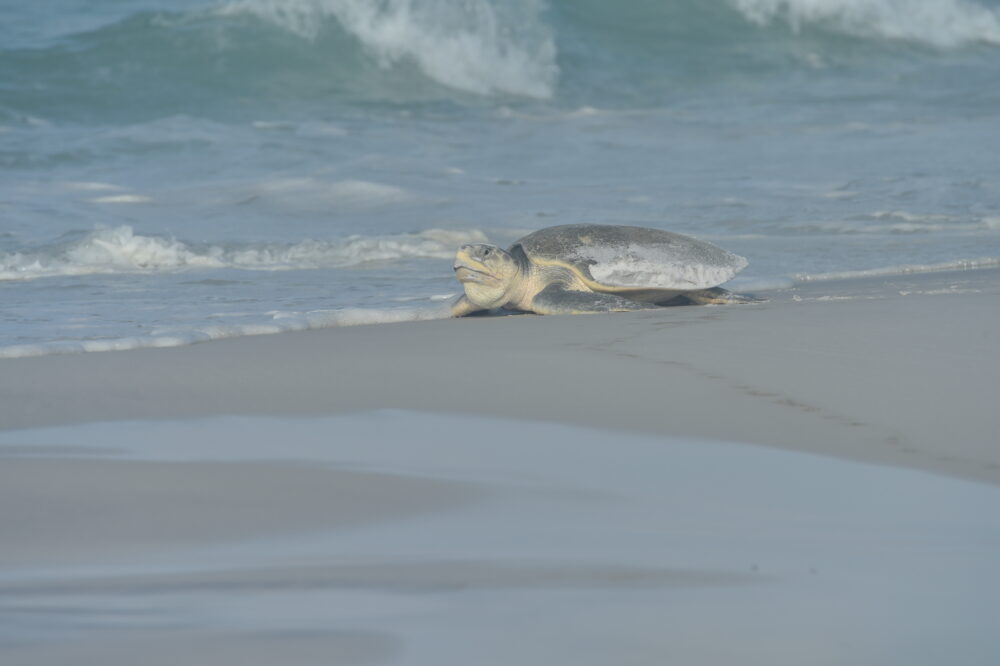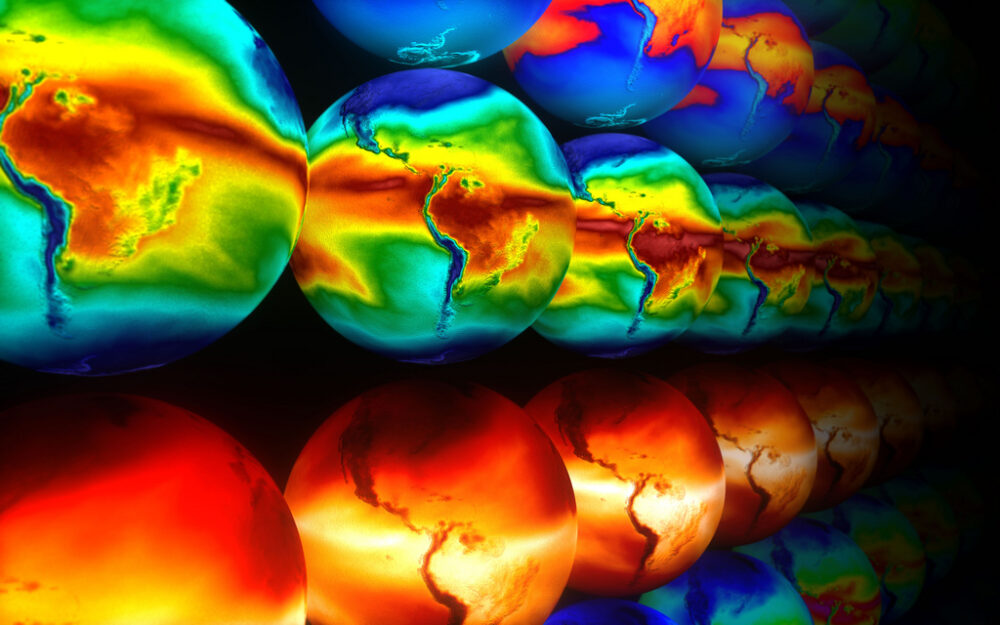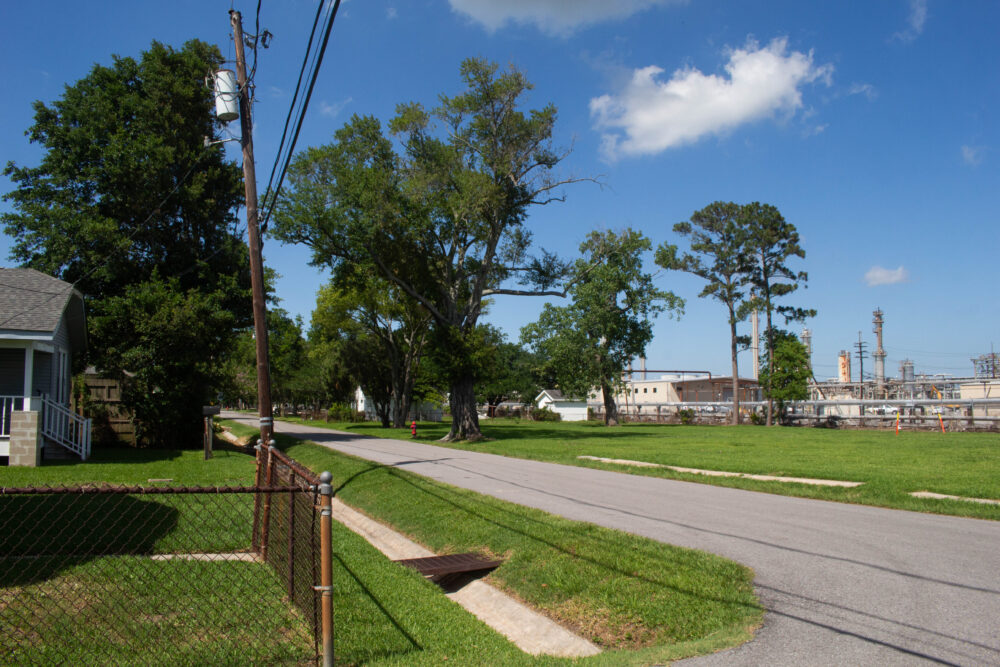We have much more to do and your continued support is needed now more than ever.
Protecting North Atlantic Right Whales and Advancing Clean Energy
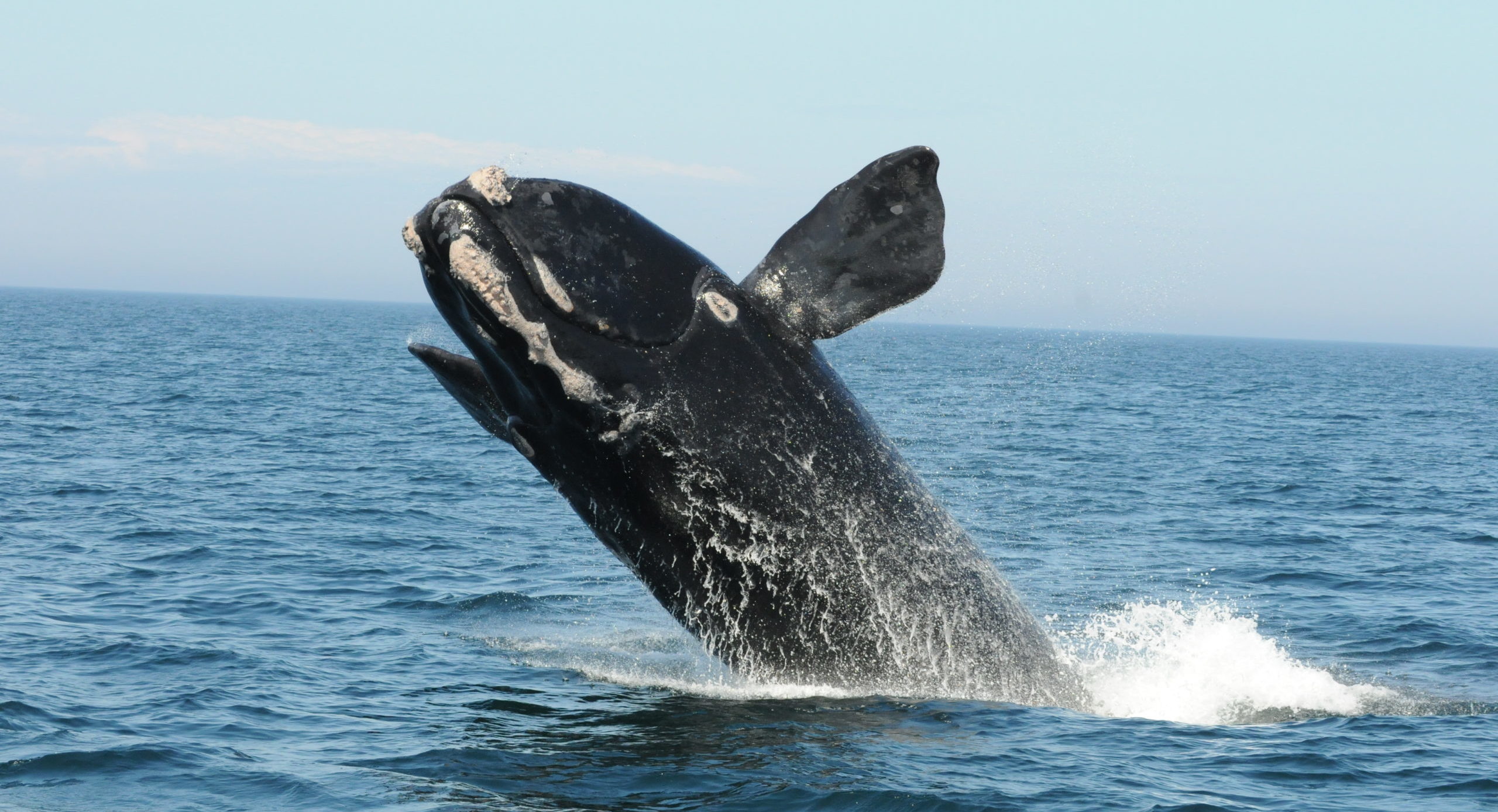
The National Wildlife Federation is proud to share an exciting new agreement to protect North Atlantic right whales while advancing clean, renewable, offshore wind energy. The agreement, signed by the National Wildlife Federation, Natural Resources Defense Council, Conservation Law Foundation, Ørsted, and Eversource, expands on commitments already made by the offshore wind energy developers to responsibly build clean energy infrastructure while minimizing and mitigating impacts to marine life and critical habitat.
The agreement applies to South Fork Wind, which is poised to be New York State’s first offshore wind farm. The project is sited 35 miles east of Long Island. It will feature 12 turbines, generating enough energy to power approximately 70,000 homes. The project broke ground at the beginning of 2022 and will be operational late next year.
Meeting the evolving needs of a species
The National Wildlife Federation has long advocated for protections for North Atlantic right whales while working to advance the clean energy technologies that we need to fight climate change and build a safer, greener future for people and wildlife. These whales are one of the most endangered species on the planet. Scientists estimate that fewer than 340 individuals remain.
South Fork Wind has committed to taking actions that will help protect these whales in the project area. The company will adopt a set of monitoring measures to help ensure that certain construction activities do not occur while whales are near the construction site. Given the impacts of noise on whale foraging and communication, Ørsted and Eversource will also work to reduce harmful noise pollution while placing the pilings that serve as the turbines’ foundations. Since right whales are particularly vulnerable to vessel strikes, all project vessels will maintain a safe 10-knot speed limit.
In addition to these mitigation measures, South Fork Wind has agreed to test technologies that could potentially track whales, which could give researchers a more robust understanding of how the whales’ behaviors are changing in response to climate change. This data will support South Fork Wind in adapting their mitigation measures to meet the evolving needs of the species.
“Responsibly developed offshore wind power is a vital component of our transition to a clean energy economy. To help build an energy future that prioritizes the health and well-being of wildlife and communities alike, America’s pursuit of this critical climate solution must be guided by robust stakeholder input and scientific integrity,” said Amber Hewett, offshore wind program director at the National Wildlife Federation. “This agreement is a huge win for wildlife and we are so proud to work with our partners to protect species like the critically endangered North Atlantic right whale as offshore wind energy continues to build momentum in the United States.”
As the nation’s first large-scale offshore wind projects move toward construction, we are thrilled to offer this example of how this clean energy endeavor can integrate stringent wildlife protection. The climate crisis demands that we scale up offshore wind power as quickly as responsible development allows, and the National Wildlife Federation is committed to helping find and advocate for the creative solutions that will be needed to protect wildlife every step of the way.
Please help us spread the word – share your support for responsibly developed offshore wind power!
